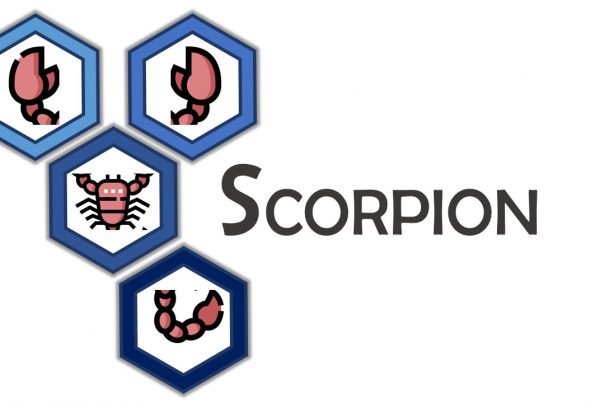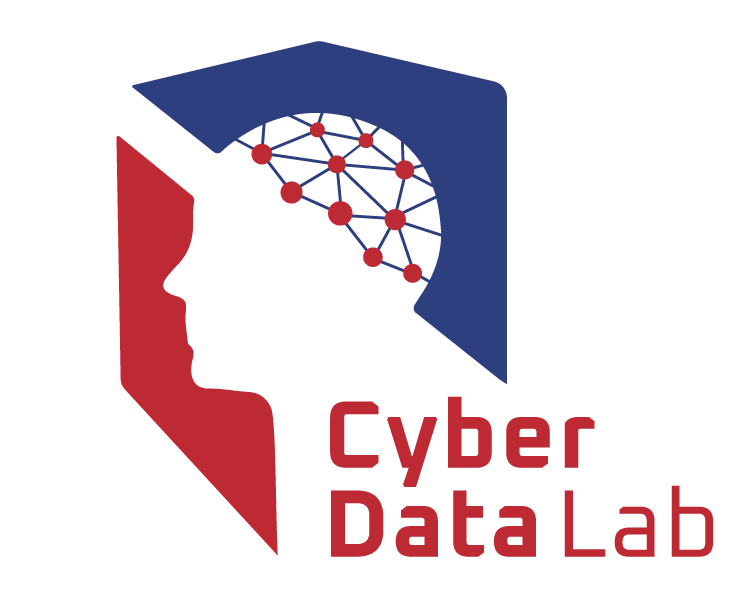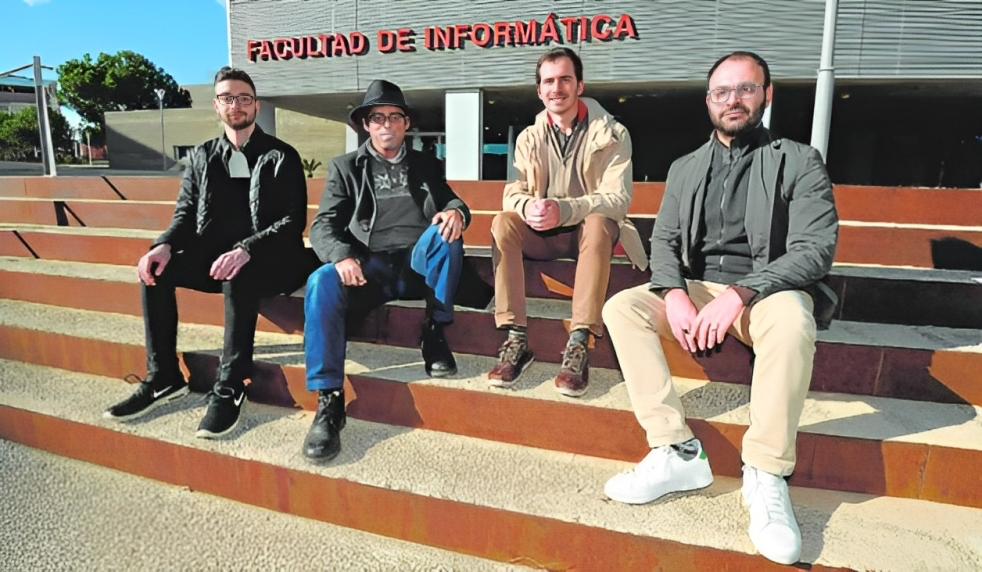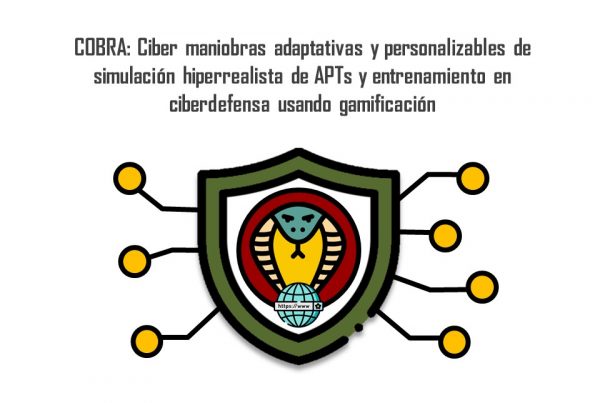Cybercrime: a highly beneficial business
In recent years, cybercrime has become the most illicit lucrative business. If considered an economic powerhouse, it would be the third-largest economy in the world, second only to the United States and China. Moreover, it is a threat from which no one is 100% safe, affecting from ordinary citizens to small and medium-sized companies, large corporations, public administrations, and, in general, practically any individual or entity. Adding the unstoppable digitalization of society, which leads to greater exposure to this type of crime, the situation becomes even more dramatic. Additionally, cyberwar is a concept of the most palpable present, the current Russian invasion of Ukraine being the most significant proof of this.
Who is in charge to defend us?
However, under the false belief that cybersecurity is the responsibility of a few professionals, for many years, there has been intensive investment and research in advanced systems for protection and response to these threats. Unfortunately and irresponsibly, the much-needed training in cybersecurity skills for any user of digital systems was left in the background. In this context, it is imperative that both citizens and public and private entities urgently develop, increase and improve their cybersecurity competencies, skills, and abilities. For this reason, there is currently a massive demand for education and training, at all levels, in this type of competencies. In fact, according to the World Economic Forum’s 2021 report, there are some 3 million unfilled positions globally for cybersecurity specialists.
Cyber Range as a potential solution
Seeking to respond to this need for training in cybersecurity issues, the concept of Cyber Range emerged to define a learning platform that, through the simulation/emulation of actual computer systems, allows the instruction of its users in the field of cybersecurity from the most basic to the most advanced levels.
The level of sophistication and realism that current Cyber Range solutions are reaching is unique. Specifically, they allow the simulation of hyper-realistic scenarios with which users can interact to carry out a cyber-attack or defend against it. In this sense, one of their advantages is that being simulated environments, if we cannot stop the cyberattack or it is more destructive than it should be, no one is at risk.
Thanks to this hyper-realism, users interact with the simulated scenarios as they would in real situations. In fact, many of today’s Cyber Ranges are capable of simulating everyday actions such as computing tasks, Internet browsing, sending emails, etc., and even more advanced actions such as installing and/or configuring applications, generating network traffic (both benevolent and malicious), etc.
The advances in malware simulation are also highly commendable, combining synthetic cyber-attack samples with real samples of viruses, Trojans, ransomware, etc.
Research and innovation for a broad public
The CyberDataLab is very active in researching and developing Cyber Range solutions. As a matter of fact, our team led the COBRA project, whose objective was to develop a fully-functional Cyber Range with the hyper-realistic simulation of Advanced Persistent Threats (APTs), parameterizable random scenarios, and adaptive cyber exercises using gamification. Remarkably, the client of such a research and innovation project was the Joint Cyberspace Command (Mando Conjunto del Ciberespacio in Spanish, MCCE). Relatively unknown to many people, Spanish Army (as in many other countries) is composed of the Army, the Air and Space Army, the Navy, and also the Joint Cyberspace Command, which is part of the Defense Ministry.
As part of the project, in just 2 pandemic-affected years, we have been able to develop a fully-functional Cyber Range starting practically from scratch. Indeed, it is a source of pride for the entire team that has worked hard on COBRA to know that a platform that we have developed is the one that the MCCE can use from now on to train its members, thus contributing to national defense.
Another similar project developed by our team is SCORPION, which consisted of creating a proof of concept on a Cyber Range deployed at the University of Murcia with a dual purpose. On the one hand, it serves as a training platform for UMU students. On the other hand, it is intended to be used to train professionals of Small-to-Medium Enterprises (SMEs) in the Region of Murcia.
Thanks to the financing obtained in the SCORPION project, we have been able to acquire the necessary infrastructure for implementing such a proof of concept, thus demonstrating the viability of our Cyber Range, both in the academic and business fields. In the latter area, contacts have already been established with companies in the Region of Murcia interested in taking advantage of the benefits of this platform.
Currently, our intention is to exploit to the maximum the enormous capabilities offered by the developed Cyber Range. To do so, we are going to continue advancing in the development of new functionalities and contents, as well as in the search for new final users who can benefit from this solution.
In this sense, they are not only thinking of IT professionals, or even cybersecurity professionals, as possible beneficiaries of the Cyber Range but we are also convinced of its potential as a tool for raising awareness of cybersecurity issues for other less technical profiles.
More information:
La Verdad. January 21, 2023. https://www.laverdad.es/ababol/ciencia/cyber-range-lugar-20230121001045-ntvo.html
Related Projects & Contracts





